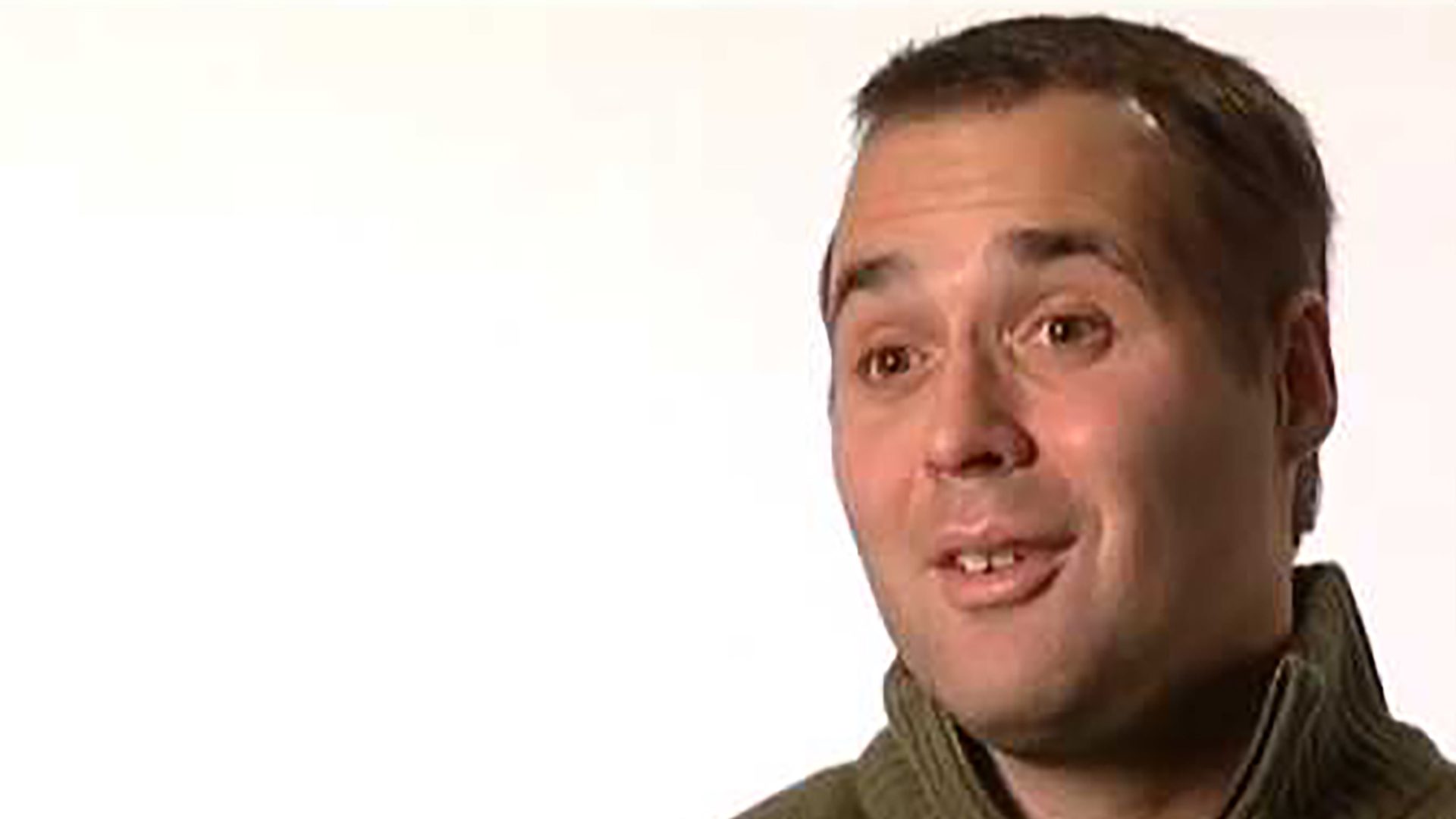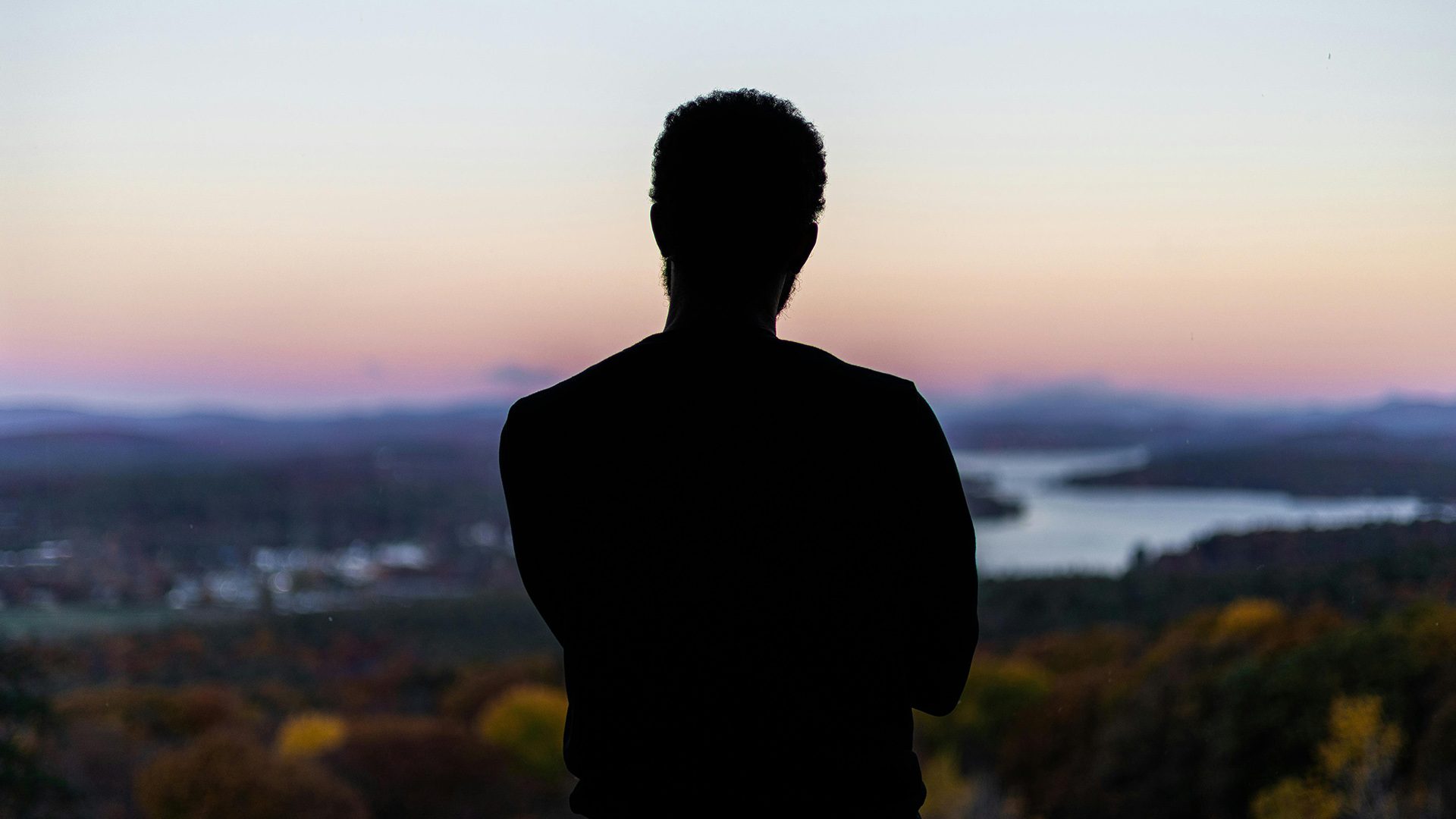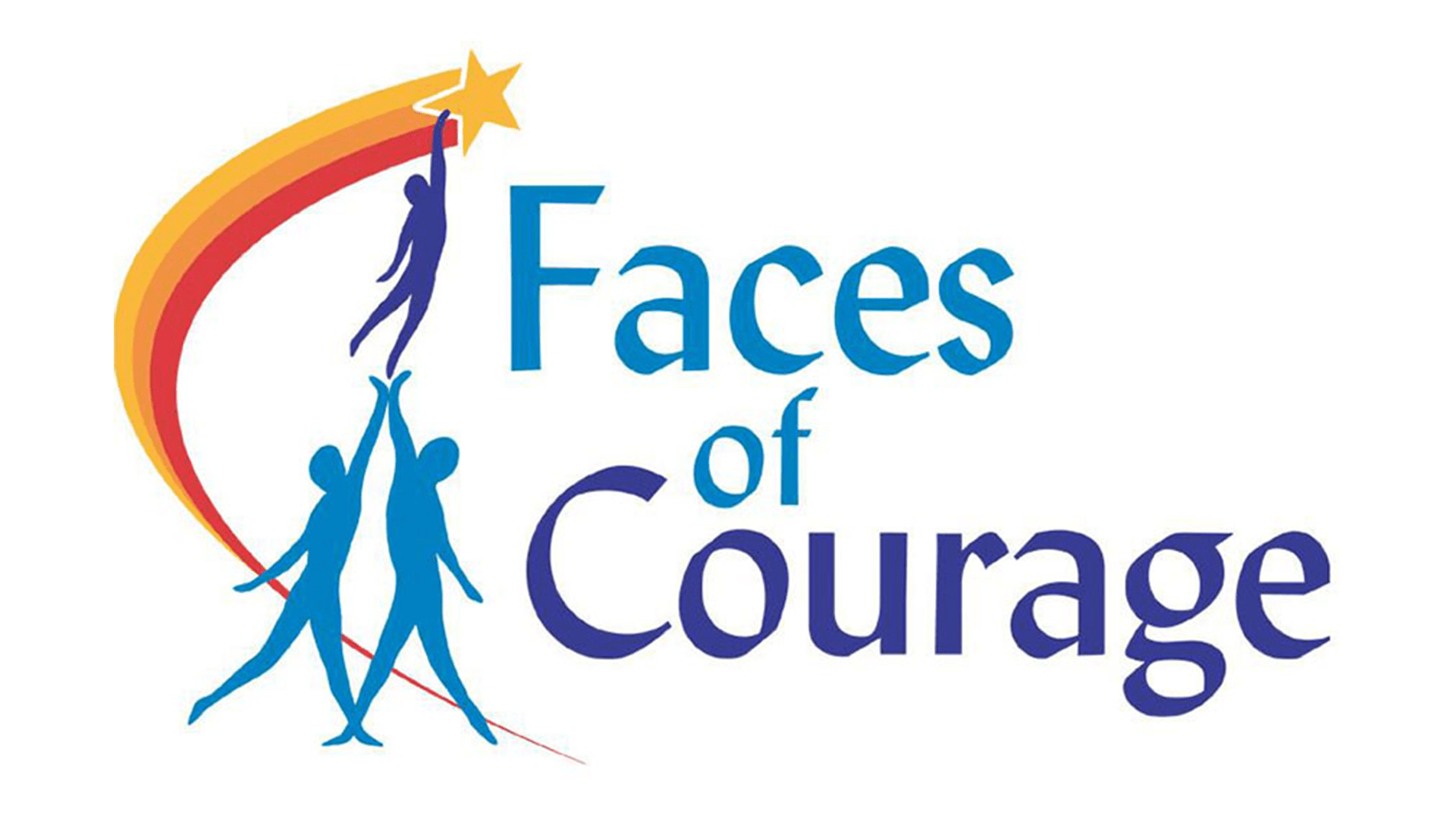Survivor Interview – Chris O.
Chris is a brain cancer survivor. He discusses accessing quality care, setting priorities in his life, and practicing healthy behaviors.

With the initial diagnosis of the tumor, I felt comfortable with the doctor. That helped a little bit, but it was overwhelming. I didn’t find out until three weeks after my surgery whether it was cancerous or not. My doctor said it was 90% non-cancerous. I went back to get my stitches out of my head, and that’s when I found out that there was a Grade 3 cancer, too. It wasn’t something that was real mild. I had surgery, radiation and chemotherapy at the same time. Radiation was 32 days, and then chemo was 16 months. My doctors were pretty upfront in regards to the standard protocol of having to do the radiation and the chemo. I was able to take my chemo orally. I didn’t have to go for the IV. That was a plus for me. I go to the doctor every four months, but I go every two months for an MRI, so I think I’m doing better in regards to the MRIs. They’ve been clean ever since my surgery.
I still get fatigue. I don’t have the energy that I once had, but the time that I do have, I make sure it’s pretty much all out. I exercise. I play basketball four days a week at the YMCA. I spend time relaxing with my wife. I try to take as many vacations as possible. I take my supplements. That really helps. That definitely helps keep my energy. I take naps every day too.
At first, when you get diagnosed with cancer, everyone says it feels like a death sentence. That’s how it felt, especially once I went and started talking to some doctors. They all gave me statistics – six to eighteen months to live – so that was a big thing to overcome. That was the initial shock, and then it was a matter of doing as much research as you can so you’re not in that group of statistics. I did a lot of research with doctors. Everybody just accepts what these doctors have to say, but how much time does someone spend going out and looking for a car? They spend a lot of time. They don’t jump in the first car that they see on the lot. I think people do that with cancer doctors. They say whatever this doctor says is an end-all and be-all. I feel that needs to change, and people need to get the confidence to go out. It’s all right to ask for second, third, fourth opinions until you find somebody you’re comfortable with. I live in Philadelphia. I go to Raleigh-Durham for my follow-up appointment. I go every four months.
It was demoralizing. I was 29 years old when I was diagnosed, and I thought, “There’s no way.” I wanted to curl up and stay in bed. Family, friends, and my spouse, were a major support for me in regards to gathering information and providing love and support. That’s definitely what got me through. I was fortunate enough to have good doctors. It’s a combination of many things. A higher power, having faith in God. I’m on a supplement program. There are about 50 pills a day that I take. Shark liver oil, COQ10, Ambrotose, transfer factor plus. That’s just to name a few. I take Melatonin at night. But I believe that combined with everything else, that’s the whole key to surviving cancer. Mind, body, living in the moment.
My wife and I are still trying to figure out what we want to do. I’m at home now. I’m not working. At some point, I think it would be good to have kids. I want to wait till I get to the five-year mark, because that’s where they stop keeping track. They said there was a possibility of infertility, but we didn’t go and do anything. That’s a potential issue down the road. I do now wish that I had. I would say go to a fertility bank. Look into that. You have something. You’ll have the ability to have children. I’m not quite sure I will at this point. There are always things in hindsight that you would do different. For me, that would probably be the top one. We had talked about it, and it was like, “Let’s just wait. There are too many other things going on.” But it doesn’t take that long.
One thing I’ve learned from talking to cancer patients is a high percentage of them don’t go back to doing what they did before. I was in restaurant management. I was working 55-60 hours a week, and there was high stress. There’s no way I could do that at this point, nor would I want to. You really look at how you want to spend your day. I was always work, work, work, join the rat race, keep up with the Joneses. That’s gone away. I feel good. I feel really free, because I don’t necessarily have to do anything. I’m up at 6:00 every day, but if I want to sleep in till 10:00, I could. I could come back at 2:00 and take a nap for an hour or two. I can lunch with a friend in the middle of the day, any day of the week. It doesn’t have to be a weekend. It’s a matter of taking in those moments that I didn’t have before. I feel much more developed after I got the cancer than I did before. I feel like I’m experiencing life tenfold.
Now that I’m off of chemo and I’m feeling good, I do have some responsibilities. Although I do go golfing and play basketball, I still need to make sure that we have groceries in the house and cook meals and things like that. I have changed. I totally revamped my diet in regards to working with a nutritionist. I cut out sugar as much as possible, wheat flour, fried foods. But I go back and forth. I was really strict on it the first year, and now I’ve eased up a little bit.
I had a good life insurance plan that I was able to get. It was set up pretty well. I was lucky. It’s the only job I’ve ever had out of college. I was there almost nine or ten years. I guess when I started, I was fortunate enough to make the right decisions or someone pointed me in the right direction. The insurance hasn’t been an issue. Now it is, because I’m on a different insurance plan, and the deductibles are higher. But I’m just fortunate enough to have insurance. It puts some pressure on my wife, because she’s the one that’s working, and the insurance is provided through her. It’s not like she can come home and say, “I want to do something else. I want to take three or four months off.” That would put a strain on it at this point, so it is a concern. She’s qualified to do many different jobs, so I think there are opportunities, whether she stays where she is now or elsewhere.
There’s someone looking out from above, a higher power, whatever you believe in. I’ve never been one to preach religion, but whatever you believe in, I think that plays a role in it. That provides comfort. I think you get out what you put in. I think some people get a cancer diagnosis and give up, because it’s too hard or it’s too unfamiliar. They’re not up for the challenge. I always hear, “You’re young. That’s why you’re doing well.” But I feel that it’s a whole lot of different things. I could have went ahead with the initial diagnosis, that I’m gonna only be alive six to 18 months, and gone home. That’s what the doctors expected me to do at that point. I think people believe that. It’s like the teacher. Whatever the teacher says is right. Maybe that’s not necessarily true.
Survivorship means enjoying each day and moving forward. I think if you get stuck in the past, you become a victim. I think so many people in this world do that, whether they’re cancer patients or not. Always late for work because there’s traffic. You’re a victim. Leave earlier. I think a lot of people get stuck in that. If you want to survive, you need to put passion into it. If you have passion in your life, then I think a lot of things are overcome.
My name is Chris Oravec. I’m 31 years old. I’m a two-year survivor of brain cancer.

